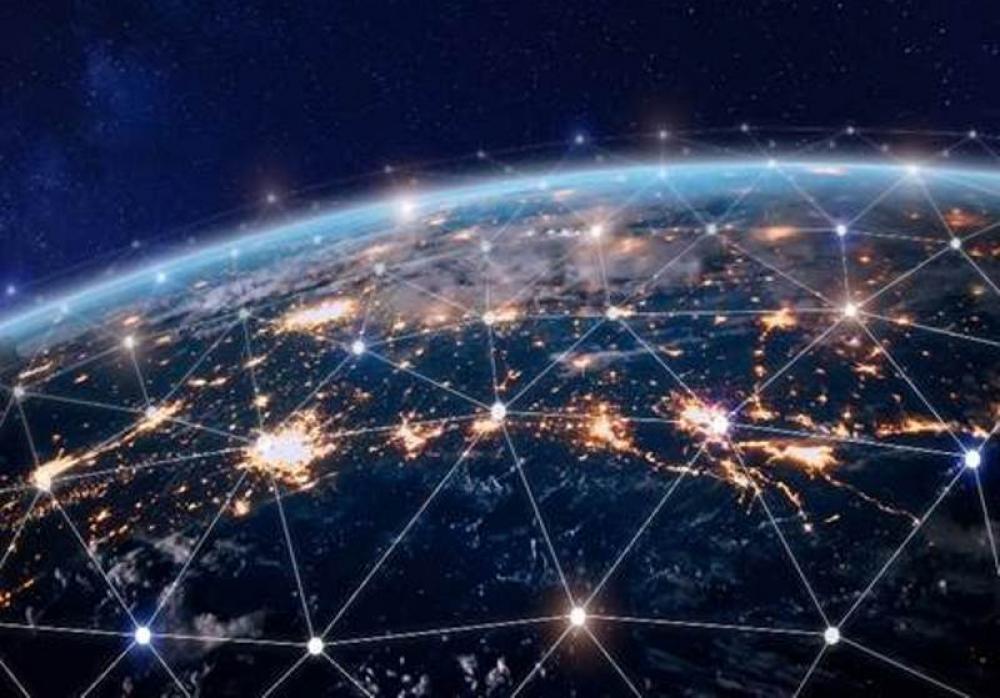Just Earth News | @justearthnews | 18 Nov 2020

iStockPhoto/NicoElNino
Bangkok: As the Covid-19 pandemic progresses around the world, governments are relying on geospatial information, digital solutions and Artificial Intelligence (AI)-driven risk analytics to enhance community resilience, said a new United Nations report released on Wednesday.
It highlights how space and geospatial information applications have played an important role to support monitoring, response, and preparation for the pandemic in the Asia-Pacific region and implementing the Sustainable Development Goals.
“The effective integration of geospatial data, with existing statistics and ground-based information, will be key to delivering the timely data needed for governments, businesses, communities and citizens to make evidenced-based decisions. Spurred by the accelerated adoption of digital innovations, many countries in the Asia-Pacific region are leveraging geospatial information to provide insights for their responses to COVID-19,” said Ms. Armida Salsiah Alisjahjabana, United Nations Under-Secretary-General and Executive Secretary of the Economic and Social Commission for Asia and the Pacific (ESCAP).
The Geospatial Practices for Sustainable Development in Asia and the Pacific 2020: A Compendium presents an overview of the regional status and progress in thematic areas such as disaster risk management, natural resource management, connectivity, social development, energy and climate change. Over 80 good practice examples from countries and partners in the region are featured in the report.
People and governments are tapping into the benefits of geospatial information and space applications, which are now more accessible and affordable. This includes navigating to a new location, checking traffic conditions or weather forecasts, mapping and monitoring the spread of disease and other outbreaks, disaster management and response, and mapping climate effects on agriculture and livelihoods. Additionally, geospatial information and applications provide opportunities for enhanced engagement with citizens and improved accountability.
The COVID-19 pandemic and its cascade of socio-economic impacts have also proven the importance of partnerships between the public and private sector. For example, Governments have partnered with private sector companies such as Alipay, WeChat and credit card companies for tracing and tracking. Many regional and country-based efforts are sparking innovations that attract both public and private capital, supporting start-ups and spinoffs from space applications research and pilots.
Beyond the pandemic, the report further calls for policymakers to consider seven key factors to best integrate geospatial information applications into their planning and actions towards achieving the Sustainable Development Goals. These include investments to cultivate national experts; incorporating geospatial information into national institutions and platforms; integrating geospatial data with other data sources and policies; providing open data access; and encouraging local to international collaborations.
The Compendium is the first in a series of ESCAP publications to assess progress implementing the Asia-Pacific Plan of Action on Space Applications for Sustainable Development (2018–2030). It is also the first-time national progress examples have been made available in one publication, thus providing a baseline for measuring future progress and initiatives in the region.